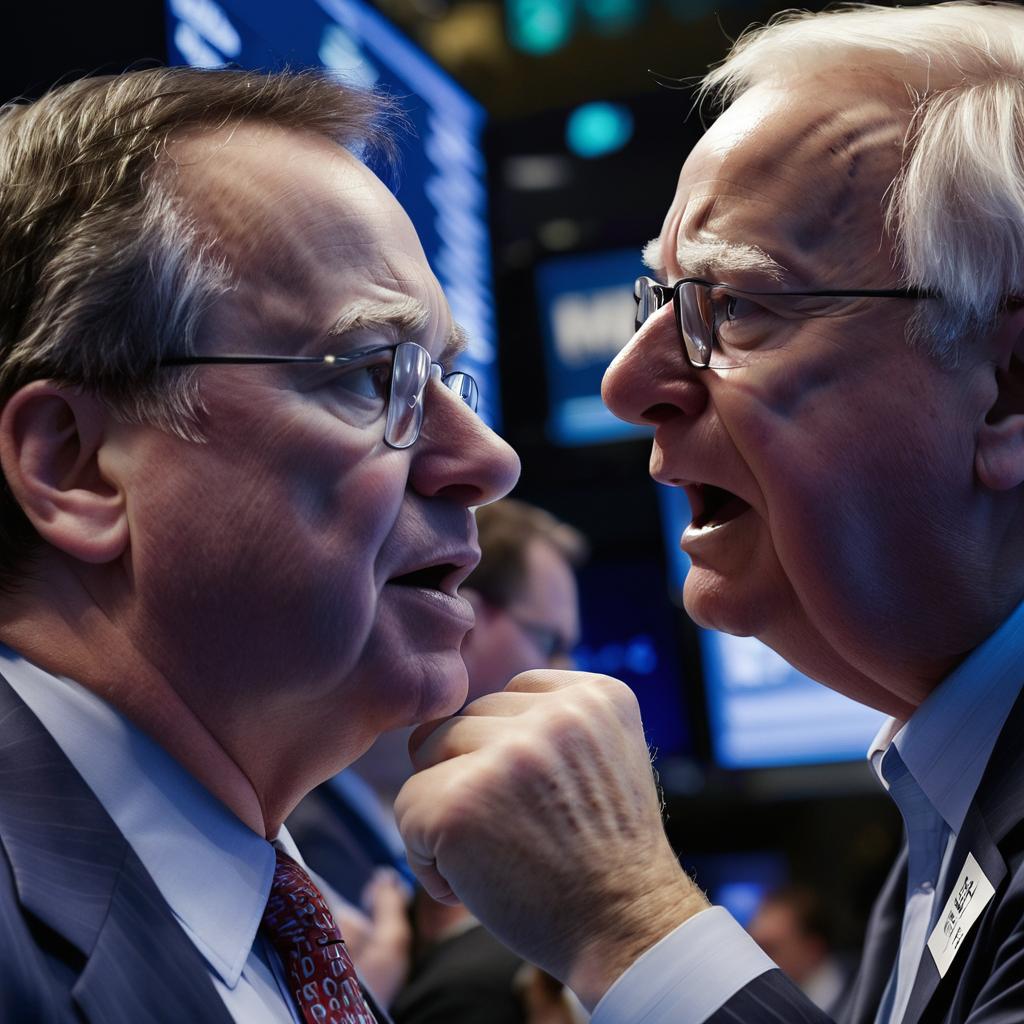Political events can have a significant impact on stock market volatility, influencing investor sentiment, market expectations, and economic policies. Understanding this relationship is crucial for investors looking to navigate the complexities of the stock market. Here’s an exploration of how political events affect stock market volatility:

Political Events and Market Sentiment
1. Election Cycles:
- Elections, especially presidential elections, often introduce uncertainty into the market. Investors may react to potential policy changes or shifts in political leadership, leading to increased volatility in the run-up to an election.
2. Government Policies:
- Changes in government policies, such as tax reforms, regulatory shifts, or fiscal stimulus measures, can impact specific sectors or industries, affecting market sentiment and investor behavior.
Global Political Events Risk and Market Uncertainty
1. Geopolitical Tensions:
- Geopolitical events, such as conflicts, trade disputes, or diplomatic tensions, can create uncertainty in global markets. Investors may respond by adjusting their portfolios to mitigate geopolitical risks, leading to market fluctuations.
2. International Relations:
- Trade agreements, diplomatic relations, and international alliances can influence market sentiment, particularly in sectors exposed to global trade dynamics. Changes in trade policies or tariffs may impact corporate earnings and market performance.
Policy Decisions and Economic Outlook
1. Monetary Policy:
- Central bank decisions, including interest rate changes and monetary policy announcements, can impact market expectations for inflation, economic growth, and borrowing costs. These decisions often lead to volatility in bond markets and subsequently affect stock prices.
2. Fiscal Policy:
- Government spending, taxation, and budgetary decisions can influence economic growth prospects and corporate profitability. Policy changes that impact consumer spending, business investment, or government expenditures may drive market reactions.
Investor Response and Market Volatility
1. Risk Perception:
- Investors’ perceptions of political events and policy developments shape their risk appetite and investment decisions. Heightened uncertainty or perceived threats to economic stability can lead to increased market volatility as investors reassess their risk exposures.
2. Market Speculation:
- Traders may engage in speculative activities based on political news or rumors, amplifying short-term market movements. Rapid shifts in investor sentiment driven by speculation can contribute to volatility spikes in the stock market.
Conclusion
Political events play a significant role in driving stock market volatility, reflecting investors’ reactions to policy changes, geopolitical risks, and economic uncertainties. While short-term market fluctuations may result from political developments, long-term investors often focus on underlying fundamentals and economic trends. By staying informed, diversifying their portfolios, and maintaining a disciplined investment approach, investors can navigate political uncertainties and mitigate the impact of market volatility on their investment strategies.
